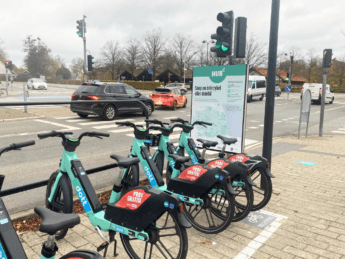
Situation
Issues of body and weight are increasingly present in the everyday lives of children and young people - in school, during leisure time, and on social media. Discussions around body and weight are often shaped by complex language, where certain expressions may carry negative connotations or come across as stigmatizing. Children and young people are particularly vulnerable to body- and weight-related comments from those around them. The Centre for Childhood Health wanted to strengthen its communication to ensure that the language used is inclusive and non-stigmatizing for children and young people.
Complication
There is limited knowledge about how children and young people talk about body and weight themselves, and how the language used by others affects their well-being and perceptions of their own and others’ bodies. To shed light on this, Epinion conducted a qualitative study based on group interviews and mobile ethnographic studies with 53 children and young people aged 8–16. This approach provides in-depth insights into how they relate to their own and others’ bodies, different understandings of health and body ideals, and their reflections on how language about body and weight impacts them and their well-being.
Recommendation
The study shows that children and young people are highly aware of body and weight, and that their language and perceptions of what is considered healthy are strongly influenced by their surroundings. Many report feeling “wrong” or uncomfortable, and do not wish to be confronted with comments about their weight. As a recognized health authority, the Centre for Childhood Health has legitimacy to communicate on these topics. Epinion therefore recommends that the centre frame its communication in this role, ensuring that messages are action-oriented rather than merely descriptive, and that they support an inclusive understanding of health - so that children and young people feel safe and acknowledged in their bodies.





